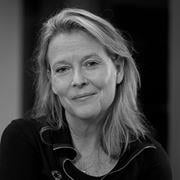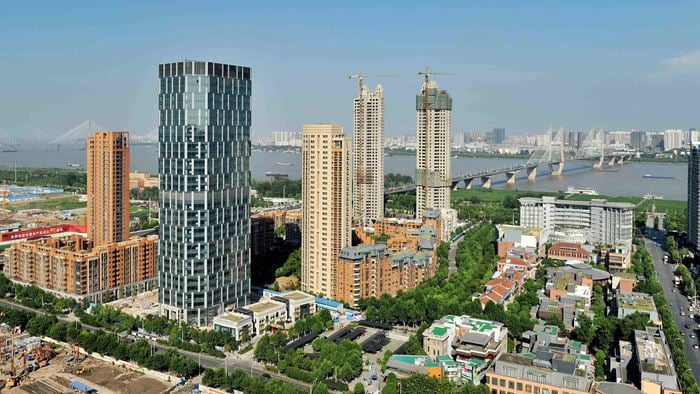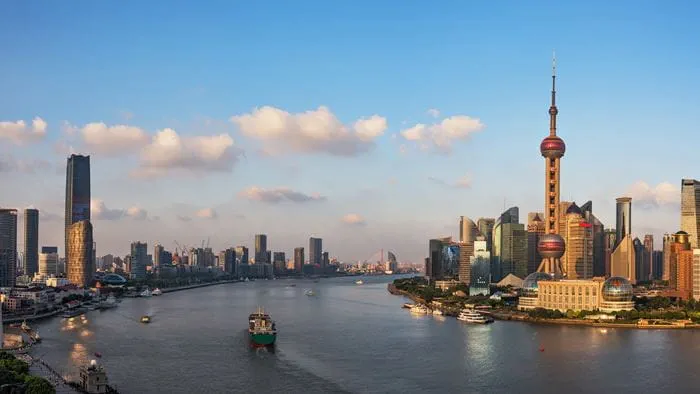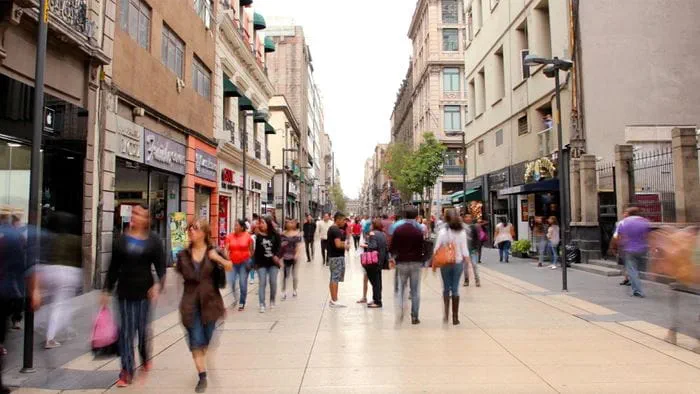Arup's International Development team has helped shape and implement this major multi-country initiative, from the beginning.
Working in partnership with the Rockefeller Foundation, we have helped create the Asian Cities Climate Change Resilience Network (ACCCRN).
A network which spans India, Vietnam, Thailand, Bangladesh, Philippines and Indonesia, ACCCRN is working in over 20 cities to generate practical examples of how cities in fast urbanising, low and middle income countries, can build urban resilience to the various impacts of climate change. Ultimately, this initiative will help catalyse action within cities to build climate change resilience, and influence funding streams towards this agenda.
Project Summary
1 network for Asian counties to build resilience to climate changes
>20cities generate practical examples
Our full range of services is being drawn upon to shape and deliver ACCCRN. We are identifying strategies, models and actions for assessing and addressing risk that will collectively improve the ability of the cities to withstand, to prepare for, and to recover from the projected impacts of climate change.
We are collaborating with a range of international and locally based partners on the ACCCRN programme. These include International Institute for Environment and Development (IIED), Mercy Corps, ICLEI- Local Governments for Sustainability, Asian Disaster Preparedness Centre (ADPC), Verulam, TARU, Gorakhpur Environmental Action Group (GEAG), International Centre for Climate Change and Development (ICCCAD), and the Institute for Social and Environmental Transition.
“From the outset, we helped define and implement the strategy for delivering ACCCRN’s ambitious outcomes. We identified the initial partner cities and defined the criteria for a USD$20m intervention fund for city level resilience building projects. We developed a decision making process supporting the selection of credible projects and structured the delivery of initiatives so that diverse partners in multiple geographies were contributing to a single set of programme outcomes. ”
We have continued to shape the evolution of the ACCCRN programme focusing on three core areas – knowledge management, programme management and network-building.
An effective knowledge management strategy is critical to the success of ACCCRN. We developed a bespoke knowledge management vision and strategy, which is improving knowledge exchange and identifying practical lessons among the countries and cities.
Careful programme, project and portfolio management have each contributed to ACCCRN’s success. We have worked in partnership with local organisations to create a network baseline and establish the critical success factors for a sustained network of thought leaders and practitioners across Asia.
Technical success
Arup International Development has been tapping into the wider expertise of Arup engineers, planners and designers to deliver specialist technical support across diverse areas including project design and project management, flooding and drainage engineering, urban planning, solid waste management and rainwater harvesting.
Through coaching, mentoring and ‘Train the Trainer' workshops, we have also helped develop the skills needed by country and city partners to define, scope and implement a range of projects and programmes. The Toolkit for Successful Project Delivery.
Shaping future success
As ACCCRN progresses, with capacities and institutional buy-in improving, a number of projects are emerging from cities. We are helping to evaluate these projects and strengthen their case to ensure they are best placed to access donor funding.
We are focussing our efforts in India and Indonesia – in India on developing ‘21st Century Planning principles’ to support city design and development, and Indonesia to develop training for new city teams on successful climate resilience building.
All the time, we are mindful of the ultimate focus of any intervention – to reduce the vulnerability and exposure that poor and vulnerable populations
face with respect to climate change.
Download ACCCRN articles:
Quick Reference Guide for Successful Project Delivery (2014)
Initiating and sustaining action: Experiences building resilience to climate change in Asian cities. Journal of Urban Climate (2013)
A systems approach to meeting the challenges of urban climate change. International Journal of Urban Sustainable Development (2012)
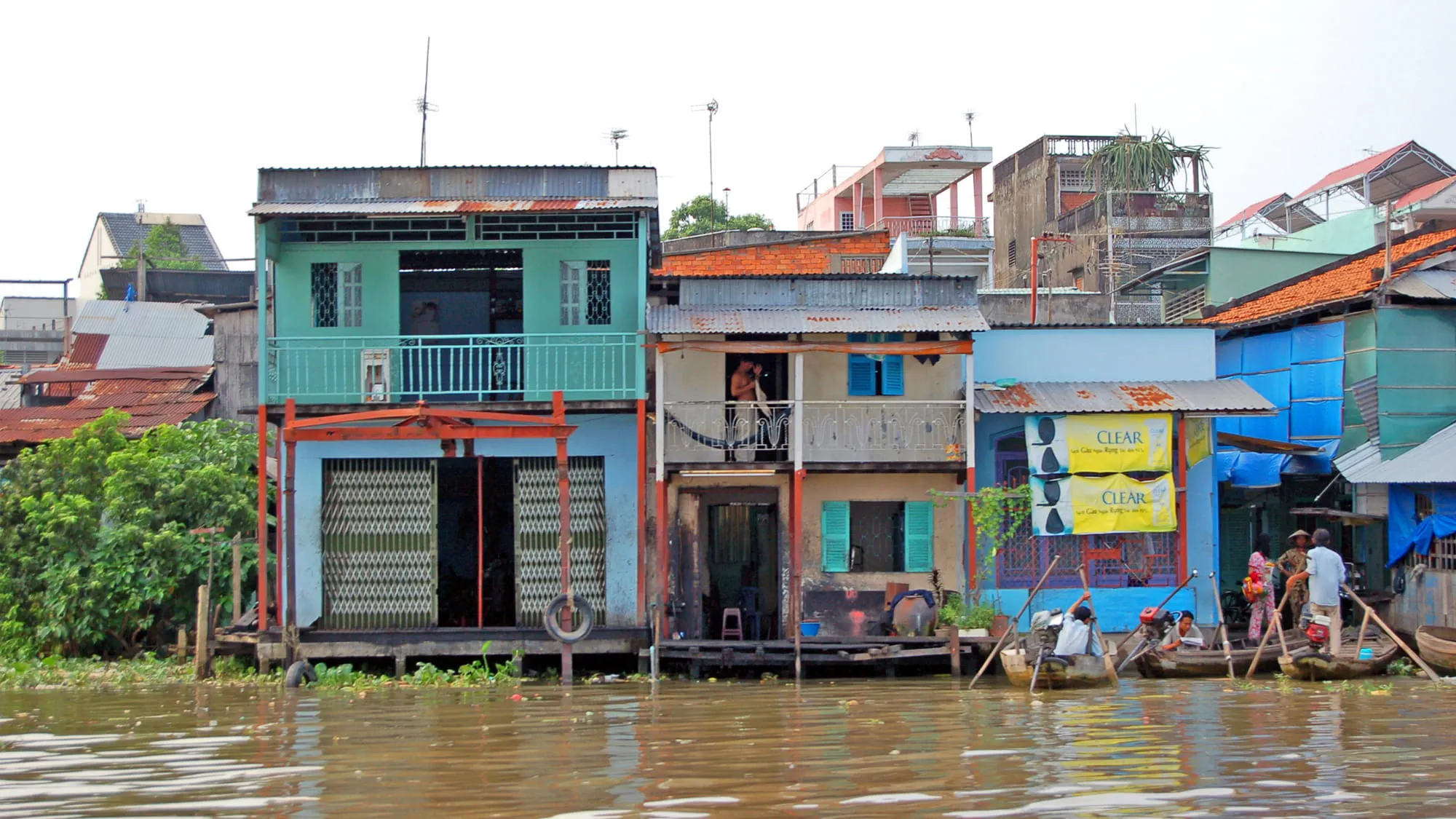 ;
;
